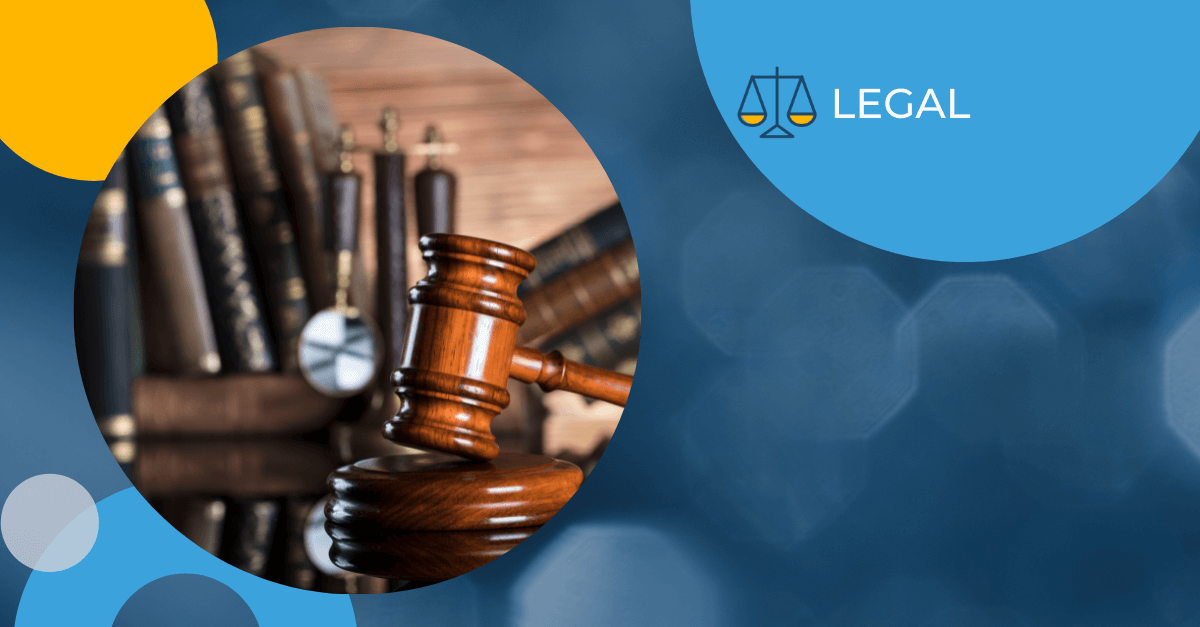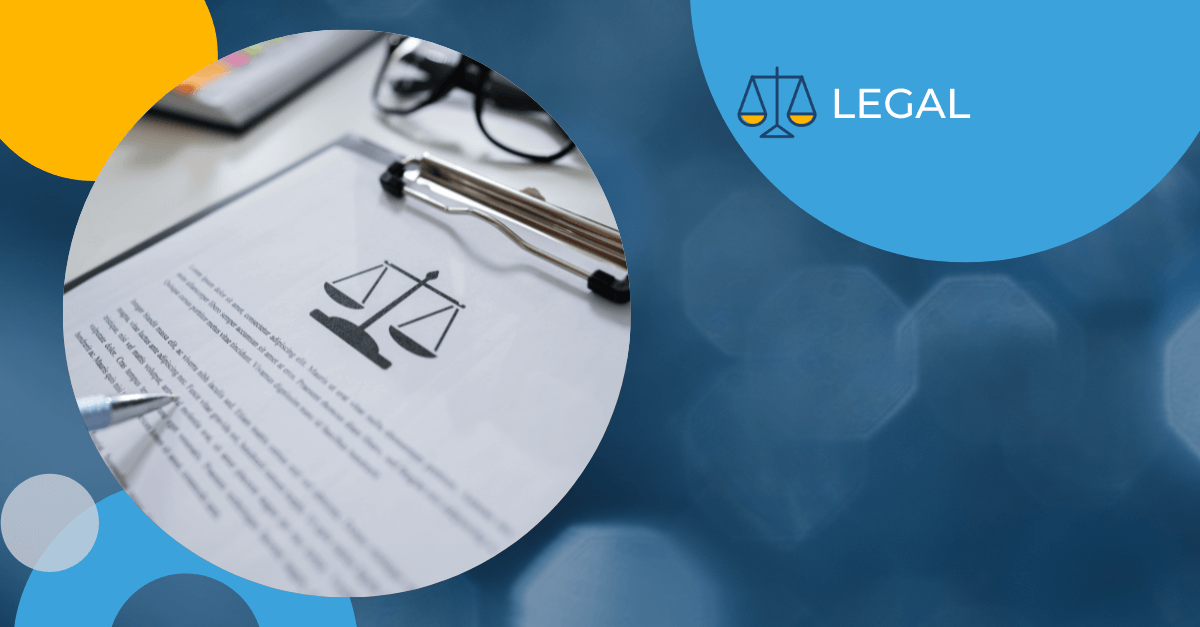Tag: legal translator
Legal Translation Specialists

While there are many people in the world who are fluent in two or more languages, the number with the levels of proficiency required for accurate translation is far smaller. Of these, fewer still have the necessary experience, credentials and certifications for professional translation. When you narrow down your criteria to those who specialize in legal translation, you are left with a comparatively small number of people indeed.
Are translators with a legal background really necessary? After all, surely all translation is substantively the same?
This common misconception could not be more wrong. Translators with a legal background are essential if you want to obtain translations that accurately convey the meaning of the original documents. The quality and accuracy of your translations can have a profound impact on the outcome of your case.
Legal cases can often hinge upon the interpretation of language — in some cases just a single word. Legal systems vary widely from country to country, as they are based upon different histories, cultures and legal traditions. Legal terms themselves do not always translate directly from one language and culture to another. A non-specialist translator is always in danger of mistranslating legal terms due to a lack of familiarity with particular legal jargon and phrases in a legal context, leading to misunderstandings, added costs or even the collapse of a case or breach of a contract.
Specialized legal translators will also ensure your document is properly formatted for the target audience. The formalities of different legal systems can add extra levels of complexity to source documents, and specialized legal translators can use their experience to preserve the meaning and technical details of the source document while complying with the formatting requirements of the target audience.
By using translators with a legal background, you not only benefit from an increased level of accuracy and translational rigor, you also save time. An experienced legal translator will bring their niche vocabulary and familiarity of the legal system to the translation of your document.
These honed skills and prior levels of knowledge allow them to proceed at a faster pace than a general translator, who will have to constantly break from their work to clarify terms, familiarize themselves with vocabulary, and otherwise equip themselves with tools that a specialized legal translator is already familiar with. These added requirements increase the amount of time that a general translator must spend on the document, leading to increased costs, longer turn-around times and less room for careful verification and double-checking of your translation.
The importance of accuracy, clarity and preservation of meaning across translations in the legal field makes it clear just how essential specialized legal translation is.
Get the latest insights delivered to your inbox
Translating Legal Documents

Every type of translation requires a specific set of skills and expertise from the translator. For legal translations—which can range from translating a contract to translating thousands of foreign legal documents for a major litigation case—precision and accuracy is a must. The translation must be absolutely correct and accurately reflect both the meaning and intent of the source document. There must be no ambiguity in legal translation, nor can the translator “insert” words that were not in the original or paraphrase the text in any way.
But in translating legal documents, legal knowledge and expertise alone is rarely sufficient. Legal translations often deal with complex scientific and technical subjects, like biochemistry, engineering, and wireless technology. A translator must understand both the legal terminology and the related technical and scientific subjects of the document. A legal translator may have the perfect background to translate immigration documents, but be out of his league translating documents related to pharmaceutical litigation. That is why when Morningside selects legal translators for our clients’ projects, we insist that they have both an educational background and specific industry experience in the technical field or practice area of the documents in question. This is the first, but critical step, in ensuring a precise and accurate translation.
Get the latest insights delivered to your inbox
Legal Translations

One translation myth we are eager to dispel is that any skilled translator can translate a legal document. Unfortunately, this is about as true as believing that Google Translate can provide an accurate translation. Legal translations are uniquely challenging because they require high-level understanding of specific legal terminology in both the source and target language. Depending on the legal field and the complexity of the subject matter, a legal and/or scientific background is also a must. A legal translation company must also have a thorough understanding of the comparative legal systems that the source and target texts refer to. For example, when translating a Japanese legal document into English for a lawsuit that will be tried in an American court, important issues related to jurisprudence in both countries must be understood. Finally, the legal translation company must be thoroughly experienced and adept at the legal writing style of the target language, which can be very different than the legal writing style in the source language.
If the legal document also employs ideas and terminology relating to a scientific or technical field, then a translator must also have an educational background in that field and extensive experience translating materials in that field. For example, a Chemical patent should only be translated by a legal translator who has an educational background (preferably a Master’s Degree of higher) in Chemistry and significant experience with Chemical document translation.
A legal translator must have both the technical knowledge as well as the legal knowledge to accurately perform a legal document translation. Whether the document deals with patent law, corporate law, international law, or property law, he/she should have a demonstrated mastery of the terminology in both the source and target language.

